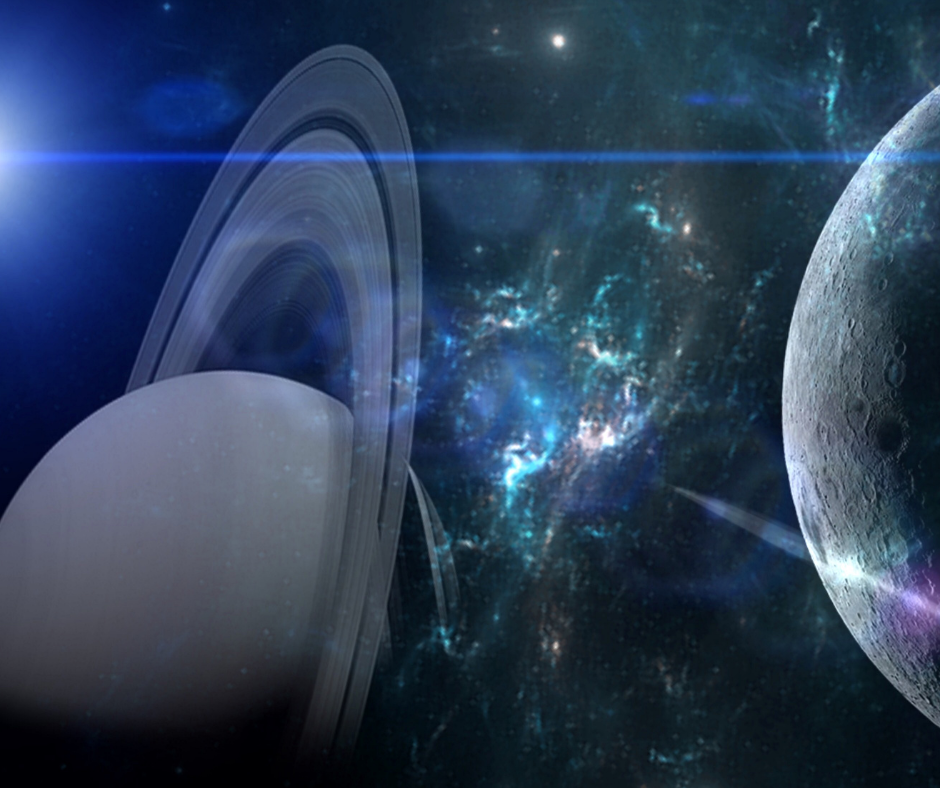Cosmology is the scientific study of the universe's origins, evolution, and eventual fate. It integrates principles from astronomy, physics, and mathematics to explore celestial phenomena and the laws governing the cosmos. This discipline addresses fundamental questions such as the nature of dark matter and dark energy, the shape and size of the universe, and the circumstances surrounding the Big Bang. Through observational techniques and theoretical frameworks, cosmologists uncover insights about galaxies, stars, and cosmic microwave background radiation. The quest to understand the universe’s structure and history fuels advancements in technology and enriches our grasp of fundamental scientific principles. As we expand our knowledge, cosmology challenges our perception of existence and our place in the vastness of space. Engaging with this field invites inquiries into the essence of reality itself, drawing us into a deeper appreciation of the universe's complexities.

Cosmology is the scientific study of the universe's origin, evolution, and ultimate fate. It explores fundamental questions about the cosmos, including the formation of galaxies, stars, and planets, as well as the nature of dark matter and dark energy. Through observational methods and theoretical frameworks, cosmologists seek to understand phenomena such as the Big Bang, cosmic microwave background radiation, and the expansion of the universe. By integrating data from telescopes and satellite missions, this field continues to unravel the mysteries of the universe, pushing the boundaries of our knowledge. Advances in technology and interdisciplinary research are paving the way for deeper insights into the cosmos, revealing complexities that challenge our understanding of physics and time. Engaging with cosmology inspires wonder about our place in the vast expanse of space, fostering a greater appreciation for the intricacies of the universe.
Cosmology is the scientific study of the universe's origin, structure, evolution, and ultimate fate. It branches from astronomy, focusing on the large-scale properties and phenomena of the cosmos. Central to cosmological research is the Big Bang theory, which describes how the universe expanded from an extremely hot, dense state. Key concepts include cosmic inflation, dark matter, and dark energy, which shape our understanding of the universe's composition and expansion. Cosmologists utilize advanced observational tools, such as telescopes and satellite missions, to gather data on cosmic background radiation and galaxy formations. This field not only explores fundamental questions about the universe but also challenges our perceptions of reality, time, and space, pushing the boundaries of human knowledge. Through ongoing research, cosmology aims to unravel the mysteries of existence and provide insights into the nature of the cosmos.




